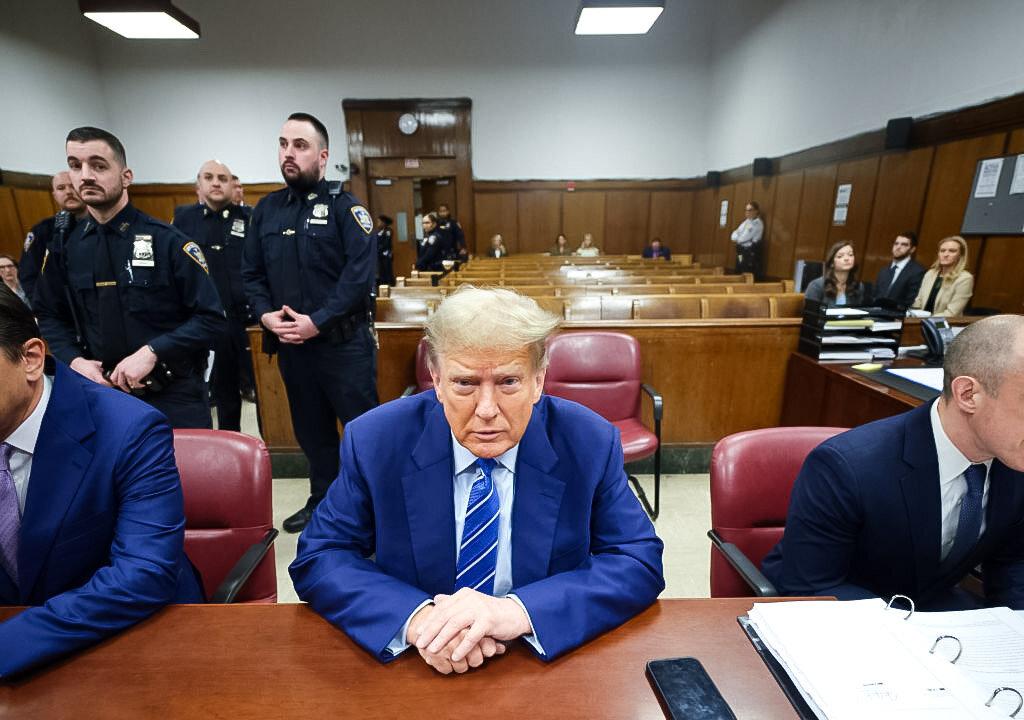Attorneys Todd Blanche and Christopher Kise representing President Donald Trump pushed back on prosecutors’ argument to go ahead with deadlines in the classified documents case while the former president is tied up with his New York court proceedings for the next six to eight weeks, in a court filing on April 18.
Special counsel Jack Smith is prosecuting President Trump in two cases, one of which has been stalled and the other likely to follow.





